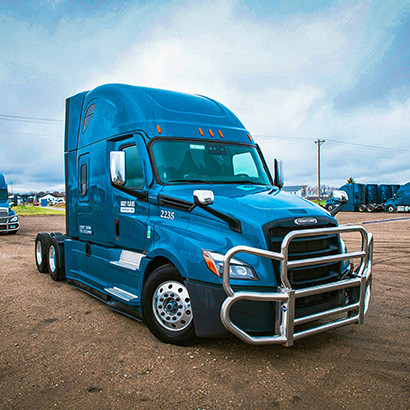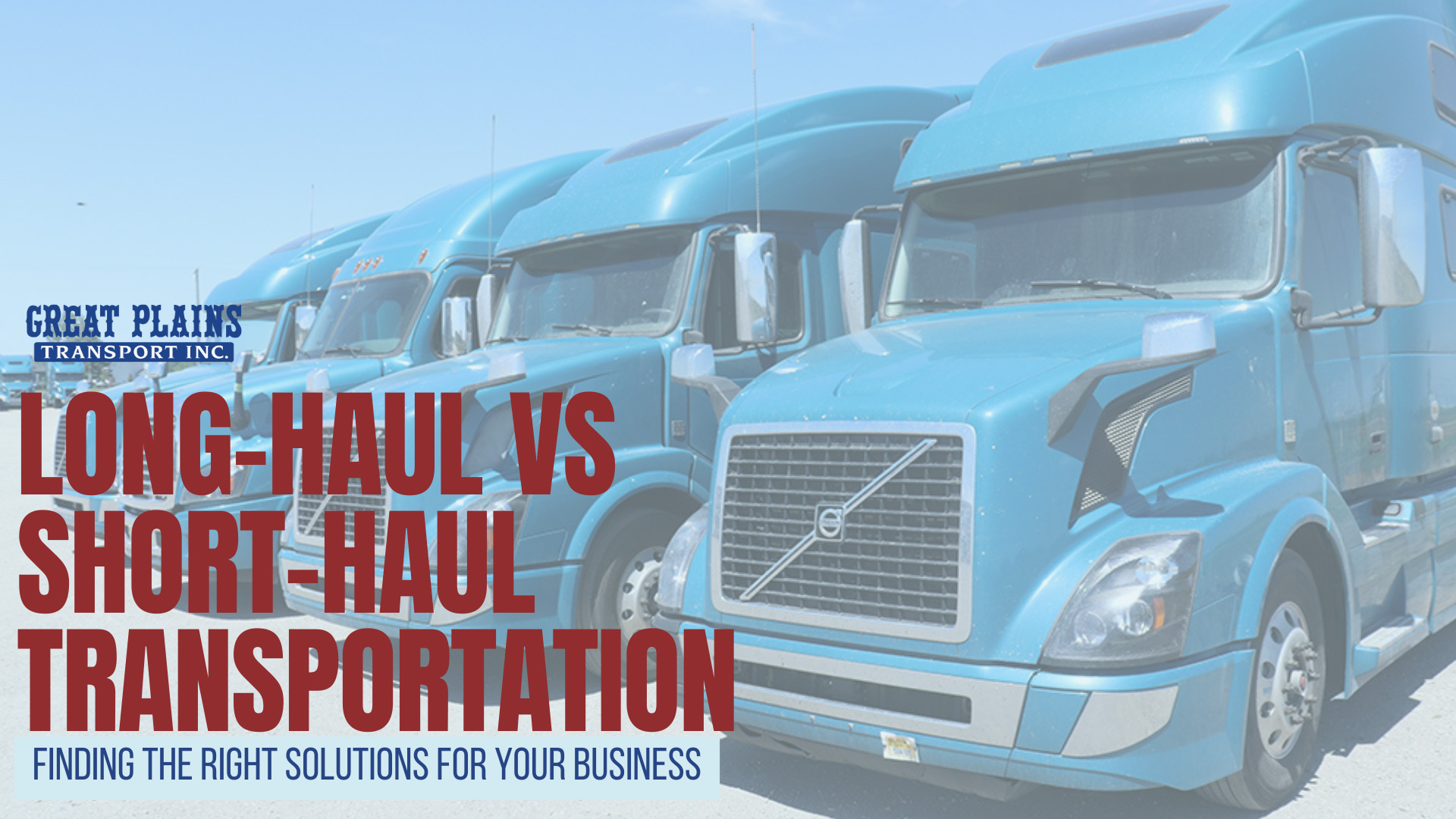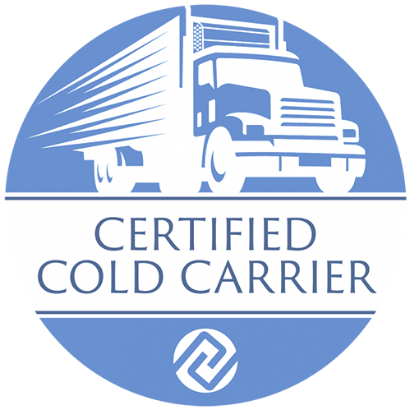Menu
- Home
- Drivers
- Capabilities

logistic experts
- About
- Contact Us
- Get Quote





In the intricate landscape of logistics, choosing between long-haul and short-haul transportation strategies is a critical decision. Each approach comes with its own set of advantages and considerations, and finding the right fit can significantly impact a business’s distribution efficiency. In this blog post, we’ll dive into the nuances of long-haul and short-haul logistics, providing insights to help businesses make informed decisions tailored to their specific needs.
Long Haul Logistics: Long haul logistics involves transporting goods over extended distances, often spanning several states or even coast-to-coast. This approach is characteristic of OTR (Over-The-Road) trucking, which plays a pivotal role in the supply chain of numerous industries.
Advantages of Long Haul:
Long-haul logistics is ideal when goods need to be transported across expansive geographical areas. It ensures reliable transportation solutions for businesses with a wide-reaching customer base.
By leveraging long-haul transport, businesses can capitalize on economies of scale, as larger quantities of goods can be transported in a single trip, reducing per-unit transportation costs.
Long-haul logistics enables businesses to tap into diverse markets and reach a broader customer demographic, fostering business expansion.
Considerations for Long Haul:
While long haul is efficient for covering vast distances, it may not be the best option for time-sensitive or perishable goods.
Employing experienced long-haul drivers is crucial, as this type of transport demands endurance, expertise, and compliance with regulations governing OTR trucking.
Short Haul Logistics: Short haul logistics focuses on transporting goods over shorter distances, typically within a specific region or metropolitan area. Local trucking companies often specialize in short-haul services.
Advantages of Short Haul:
Short-haul logistics excels in providing rapid transportation solutions, making it ideal for time-sensitive goods or last-mile delivery.
Short-haul routes require less fuel consumption compared to long-haul, contributing to cost savings and environmental sustainability.
Businesses can adapt to market fluctuations and adjust delivery schedules more easily with short-haul logistics.
Considerations for Short Haul:
Short haul is best suited for businesses with a concentrated customer base within a defined area. It may not be suitable for businesses with widespread distribution needs.
Careful handling and specialized equipment may be required for fragile or sensitive goods, particularly in short-haul logistics.
Selecting between long-haul and short-haul logistics hinges on a business’s specific distribution requirements. By considering factors like geographical reach, time sensitivity, and cost-efficiency, businesses can align their logistics strategy with their unique needs. Whether opting for long-haul OTR trucking or relying on local trucking companies for short-haul services, prioritizing reliable transportation solutions ensures seamless operations and satisfied customers.

M-F 7AM–5PM

M-F 7AM–5PM
Great Plains Transport is a North Dakota trucking company featuring refrigerated freight, cargo, and dedicated transportation services while offering long haul OTR truck driving jobs in 48 states.
Great Plains Transport Inc
Address: 200 1st Ave SE, Mapleton, ND 58059
Phone: (701) 281-3006

